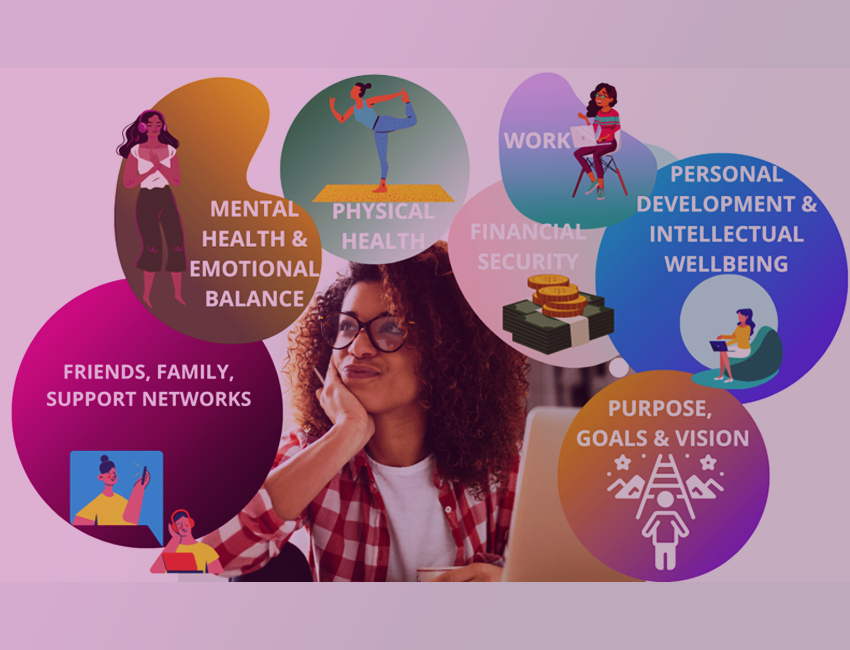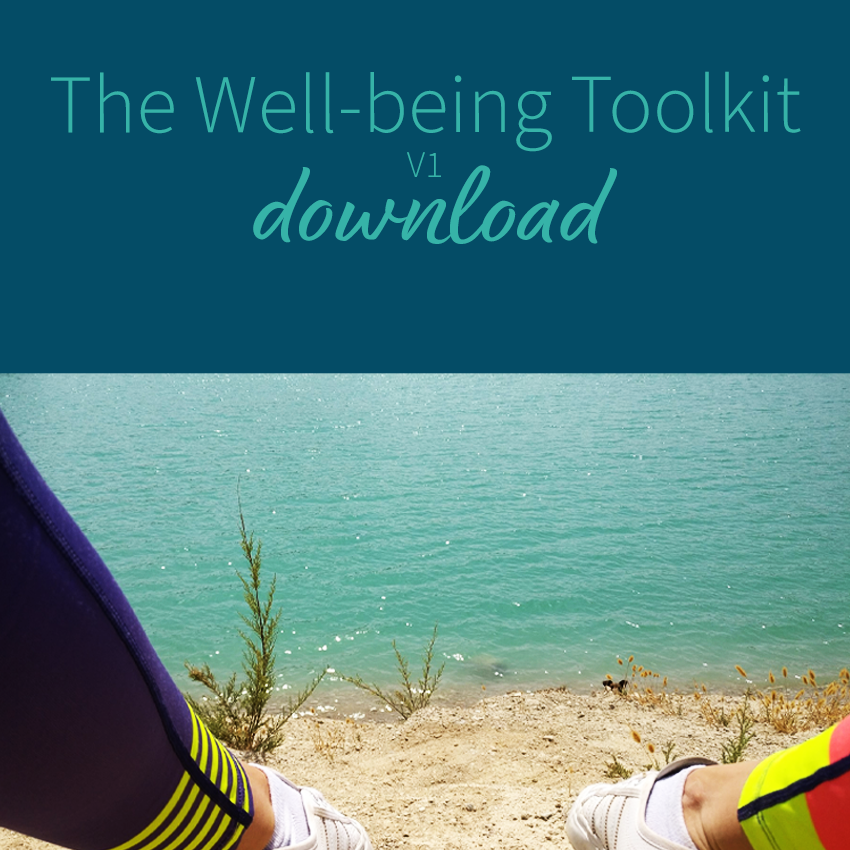5 Reasons Employees Wellbeing Matter
No 1. Employees matter
Look at the employee needs matrix
Are ticking their own boxes? if they aren’t this is where the cracks will widen. Well-being is defined in the Oxford dictionary as a state of being comfortable, healthy, and happy. In the workplace today, especially in the traditional entry-level or lower salaried roles people are commonly struggling with financial and health related issues. Added to this there is a lack of community and connection, as well as not getting to spend adequate time in rest and recovery or with loved ones. Psychometric/personality tests on this demographic at any age in or any industry is not going to yield the results an employer wants, or an employee is going to get on board with.
No 2. Fundamental Needs
What are Fundamental Needs?
Fundamental needs are the needs identified in the bottom tier of Maslow’s hierarchy. They are survival needs. When these needs go unmet, they are a threat to our existence and cause us stress. A quick check-in before we go further
Do you notice your behaviour, communication style and language change when you are:
Tired?
Worn down - static- too rigid in routine?
Disconnected from friends, partner, family, colleagues?
You struggle to meet cost of living i.e bills rent/mortgage/food/clothing/toiletries?
Have not eaten well?
Dehydrated?
Don’t have space or autonomy?
In need of a bath/shower?
This has a knock on affect on the environment and culture, when our behaviour becomes less than ideal or we start to function below our capability regularly this affects the team and potentially customers and wider aspects of your organisation.
No3. Culture
Are low mood or morale common place in your professional culture?
Why do you think that is?
Here are a couple of my ideas on what that could mean - Having our work constantly scrutinised, not being able to access support when needed, the majority of the culture feeling overloaded with excess workloads.
What effect do you think these things could have on the well-being and productivity of employees?
Twice a month I hold a workshop to explore this is more detail helping you understand how you can become more effective as a manager or leader and employee.
Developing awareness in this way paired with action no matter how small will re-define a business and culture supporting profit and people. Workplace well-being and leadership is a community exercise and daily practice, just as eating well and exercising regularly has significant short and long-term health benefits, building up supportive cultural habits can and will pay off quickly. Can you do your bit to ensure workplace well-being is more than an EAP and tick-in-the box for HR?
Challenging Maslow’s Hierarchy
In Maslow’s hierarchy there are 9 fundamental needs, these are: Sleep, Rest, Recovery, Food, Water, Shelter, Air, Security, Privacy, these come under the first tier of physiological needs.
Sleep- Underestimating the role sleep plays in the workplace can be disastrous- There may be employees not sleeping which will affect the work culture. Ensuring well-being as priority can ensure your culture and company reputation stays positive. Sleep doesn't just affect performance in the short term, it can affect people's overall health and well-being in the long term.
No 4. Mental Health benefits of sleep
Improved problem-solving skills
Improved learning
Improved creativity
Increase in mental capacity which leads to better decision making and profit-making progress.
Think about your own responses and the changes in your behaviour based on your tiredness! Does being chronically tired compromise your problem-solving capabilities? does it limit your interactions and outputs?
Rest and Recovery
Physical rest- resting the physical body for repair and restoration- is important for physical health and well-being.
When our bodies do not have opportunities for physical rest it affects the parasympathetic nervous system which can and invariably does lead to chronic unseen illnesses and lowers immunity. Reducing stress in our environment helps us gain the physical rest and improves our ability to communicate with people in work. People who do not take physical rest are more prone to stress, stress related issues, and making bad decisions based on short-term thinking!
Active rest - The planned intention to do nothing with the aim of giving the brain and body the recovery time it needs. This is simply switching off or doing something we enjoy that does not involve the stress of problem solving.
If you want to test this theory, consider making a medium-long term decision when you feel are your most vulnerable, how does that look/feel?
Would it be the same decision if you were well rested?
Would it feel like a better decision?
Mental Rest - We can use exercise as a time to mentally rest whilst our bodies are active- in fact many gym-goers, hikers do exactly that, the welcome distraction and the rest from work allows the brain to reset whilst the body is gaining the physical health benefit.
Rest is important- (3)
Takeaway notes:
Our brains need Rest & Recovery just like our other muscles. Regular breaks from concentration will help improve focus and decision making.
Developing simple routines through the day to have 5-minutess of recovery can reap so many benefits, and this is easy to test and free, all it needs is encouragement and time.
Can you think of ways to get those few minutes in regularly? Can you think of some of the benefits this may give you?
Do you work in HR? What do you think you could do to help your colleagues feel safe to take regular 'brain' breaks to enhance both their well-being and performance?
No 5. Meals and Nutrition
Skipping or rushing meals
Eating well regularly
not staying hydrated contributes to feeling unwell, as a habit this will affect your capacity to handle stress or gain resilience.
Do you skip meals?
Restrict your food?
Work through lunch?
Does this sound like a good healthy habit for you?
The odd occasion things happen, we get caught out, it’s normal. If this is/or becoming your norm you could be setting yourself or an environment up to nurture issues. Our e-book Food Made Easy supports individuals to coach themselves in food nutrition ad meal-planning and budgeting. Food and our approach to it matters, and whilst it is personal choice whether or not we diet, follow restrictive protocols, or the latest fad, our appetite or lack of it and how we feed ourselves affects our sleep, performance, and judgement.
Having appropriate information and support for your employees could be a useful thing to include within an EAP as an inexpensive preventative measure that saves you long-term as well.
Hunger, mal-nutrition, and mental health go hand-in-hand. Diets and restrictive eating patterns can lead to mental health issues including not feeling able to deal with stress, not sleeping, fatigue, and chronic health problems. Genetics plays a part as does environment and how we go about meeting all our fundamental needs.
These things all work together. Access to good information, building healthy boundaries and workplaces is important, these are all ways of communicating to your employees that they matter to you as humans as well as skilled workers, without you having to make too much effort!
Part of a healthy, productive workplace culture or any culture is a healthy attitude toward mealtimes. Mealtimes are important for providing energy, reducing stress, supporting sleep, and decision making, impacting the way we communicate. They can also support team-bonding, that does not mean you should force people to take part- trust is not fostered by control!
Here’s a few general tips to improve workplace culture:
Encourage snack breaks, lunch times, and spend some time in your team meetings talking about the habits of self-care, make it normal, keep a boundary that prevents over-sharing.
Encourage movement - walking and a bit more time away from the desk can prevent fatigue and invigorate the body.
Find out what people enjoy doing- ensure they have time for that.
If a member of your team is struggling don't make assumptions, ask if they want or need support, be genuine- connection builds trust, fake connection destroys it.
Having a sense of security and identity, affects the way we behave, feel, and think.
If you consider someone in a uniformed job, the 'ritual' as-it-were of putting on a uniform for work will affect the mindset of a person- The Stanford Prison Experiment in 1971 proved this to be true in most cases. For non-uniformed workers the work wardrobe will affect how you think and feel and how others perceive you. For those who wear what they like, you create an identity of who you are and how others will see you, or how you want to be seen.
All these things let another person know who you are, what you are like, how approachable and friendly you are, clothing is communication. I worked 10-years as a fashion stylist after 5 years in the military, Fashion makes an impression, it’s why it’s a huge business.
Personal hygiene has an affect here too- consider how you treat someone in a uniformed role vs non-uniformed role. Compare that to consider how people may treat you differently dependent on your hygiene and clothes.
Stats:
People on minimum wage feel like they are fighting to survive daily, they feel emotional stress much easier than people in more senior roles and higher-paying roles.
Just under 30% of those aged 40 and under said they were living pay cheque to pay cheque,
This falls to 26% for those over 40 and
16% for those aged 60 and above.
Older adults may be less likely to have dependent children and more likely to have paid off their mortgage.
taken form the Independent November 2023
For You-A good way to start your personal journey into health or to get back on track is to take stock of where you are and use that as a marker to develop a routine that both suits you and gets you heading in the right direction without turning your life upside down. If you have a position in work where you are managing, leading, or developing, people and their careers, and support here would be a great investment for both yourself and the team, join the introductory workshop to discover more.
We all underestimate the prolonged impact of chronic or overwhelming stress. Looking for solutions to get well in Employee Assistance Programme’s (EAP's) and other benefit packages are re-active rather than pro-active- Tweaking afew cultural habits focused on preventing and catching decline could save a business contributing to both investment in people as well as profit.
Challenge: Keep a sleep/food/exercise diary for 1-week to see what you can learn about yourself- Turn it up a notch and get your team to do the same- see what support is lacking and where needs can be met to foster trust, change, growth and enhance workplace well-being by becoming a leader where leadership matters to people.
Final thought- Making changes to work contracts - Part of structural re-organisation or organisational updates should be looking at contract changes-
Could you tailor a contract to meet both the needs of the employer and employee?
Is this better that a blanket contract?
Longevity, trust, loyalty, culture are all a result of conversations and commitment by all parties, it really is teamwork.
Download our Wellbeing Toolkit or look into our workshops
I hope you enjoyed this article and took some useable knowledge from. Please leave a comment, press the heart button and share it to help more people take control of their health, well-being and fitness.
References
1 Maslow’s Hierarchy Reference: https://positivepsychology.com/abraham-maslow/
2 Stanford Prison experiment: https://www.simplypsychology.org/zimbardo.html
3 https://pubmed.ncbi.nlm.nih.gov/17638488/5 Reasons Employee Wellness Matters




